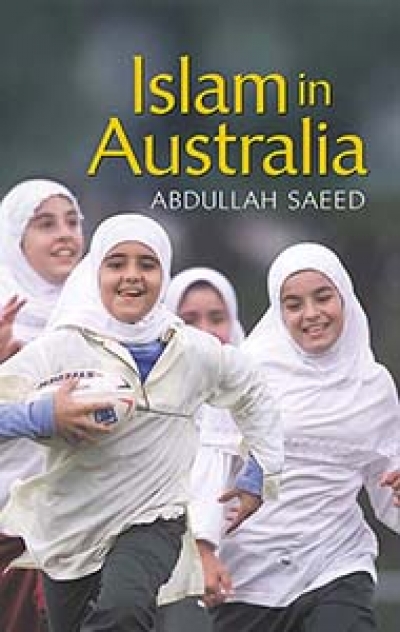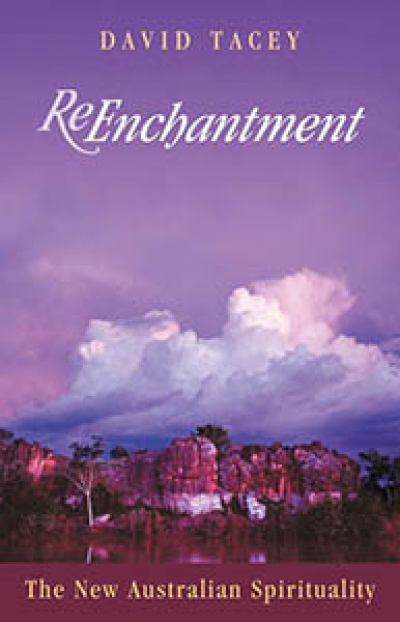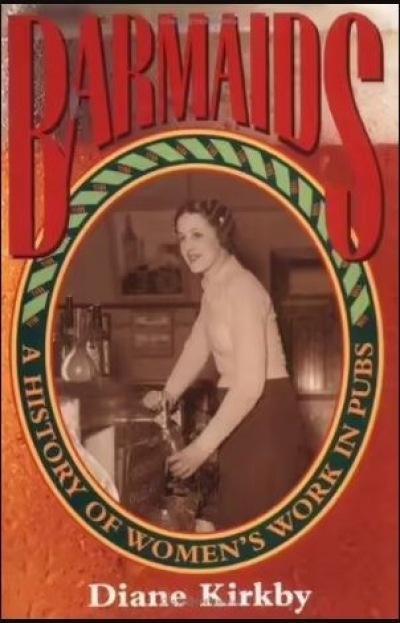Australian Society
It’s usually said that Australians are uninterested in the metaphysical. Where in America the lines between the secular and religious are notoriously blurred, not least in their politicians or sporting heroes invoking God on almost every conceivable occasion, Australians by contrast are held to be a godless lot, their mythologies entirely secular in form and meaning. God is rarely publicly invoked, except by ministers of religion whose particular business it is duly to do so.
... (read more)Barmaids: A history of women's work in pubs by Diane Kirkby
I would like to begin by talking about the work of the Committee to review Australian studies on tertiary education and try to bring out some of the implications of our work for publishing and for teaching. I will look particularly at the question of resources for Australian studies.
The brief of the Committee was to examine ways in which students in tertiary education institutions – in universities, colleges of advanced education, and TAFE – learn about Australia in their tertiary studies, and to recommend ways in which these studies can be developed. We were concerned not only with the humanities, with history, and with literature, but also with science and with professional and vocational studies across the curriculum. In fact one of our major tasks became to look at vocational areas to see in what ways students who took those studies were prepared for the world in which they would be used.
... (read more)The Chief Justice of New Zealand opened his recent judgment on the attempts to suppress the book Spycatcher by Peter Wright with the comment that it was ‘probably the most litigated book in all of history’. That may be correct; although I suspect that the Bible may yet have a slight edge.
The Bible was probably the first book carried from the ships of the First Fleet when they anchored in Sydney Cove in January 1788. From reading the catalogue which accompanies this exhibition, I get the impression that the Rev. Richard Johnson – sent to this country by an organisation with the engaging name of the Eclectic Society – was rather like those annoying people who nowadays clamber aboard a jumbo jet struggling remorselessly on with the entirety of their worldly possessions. Johnson was just such a man. He carried with him no less than 100 Bibles, 350 New Testaments, 500 Psalters, 100 Prayer Books and 200 Catechisms – all made available to him by the Society for Promoting Christian Knowledge. Amongst his most precious possessions were twelve copies of Bishop Thomas Wilson’s An Essay towards an Instruction for the Indians. Sadly, guns and hangings all too soon quickly replaced words and books in the relationship between the newcomers and the indigenous inhabitants of the Great South Land.
... (read more)


